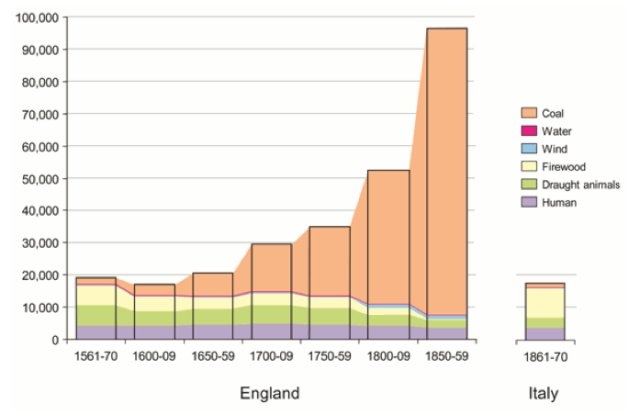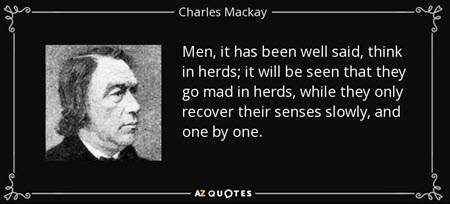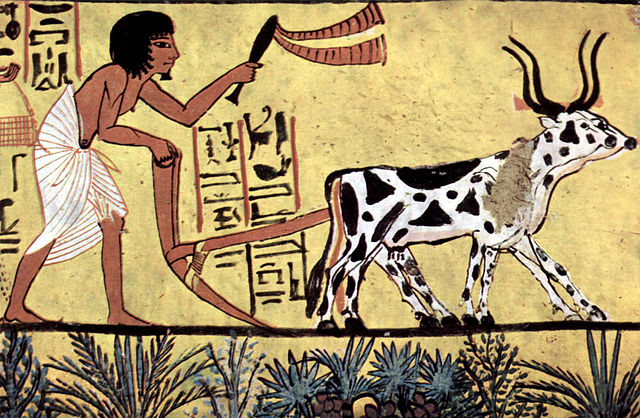Society as Ecosystem in a Time of Collapse, Part I
This month’s MuseLetter is Part I of a 3-part essay that uses predation as a metaphor to unpack power relations in human societies. Stay tuned!
Introduction
A lion runs down a gazelle; a raiding band brandishing clubs, bows, and arrows descends on a tribal village; a loan shark confronts a delinquent borrower.
In each of these three scenarios one party seeks to gain at the expense of the other. Without a moment’s hesitation, we classify the first interaction, between the lion and gazelle, as a predator-prey relationship. Biologists and ecologists have studied such relationships in detail for many decades, codifying principles that help us understand and predict the behavior of entire ecosystems. Could we use predator-prey relationships among widely divergent species in nature as a metaphor to help in understanding the behavior of people in complex human societies, in which some people gain at the expense of others? Even the best metaphors have limited usefulness, and this one certainly has potential for misapplication; however, as I hope to show, it also has the ability to illuminate.
A complex or stratified human society can be thought of as an ecosystem. Within it, humans (all a single species), because of their differing social classes, roles, and occupations, can act, in effect, as different species. To the extent that some exploit others, we could say that some act as “predators,” others as “prey.” There may even be human analogues to subcategories of predatory behavior such as parasitism and infection.
Within non-human species in nature, forms of competition or exploitation unquestionably exist. For example when a shoebill gives birth to two chicks, the mother and father tend to favor one of them; then the favored offspring attacks the unfavored, which inevitably dies.
…click on the above link to read the rest of the article…











